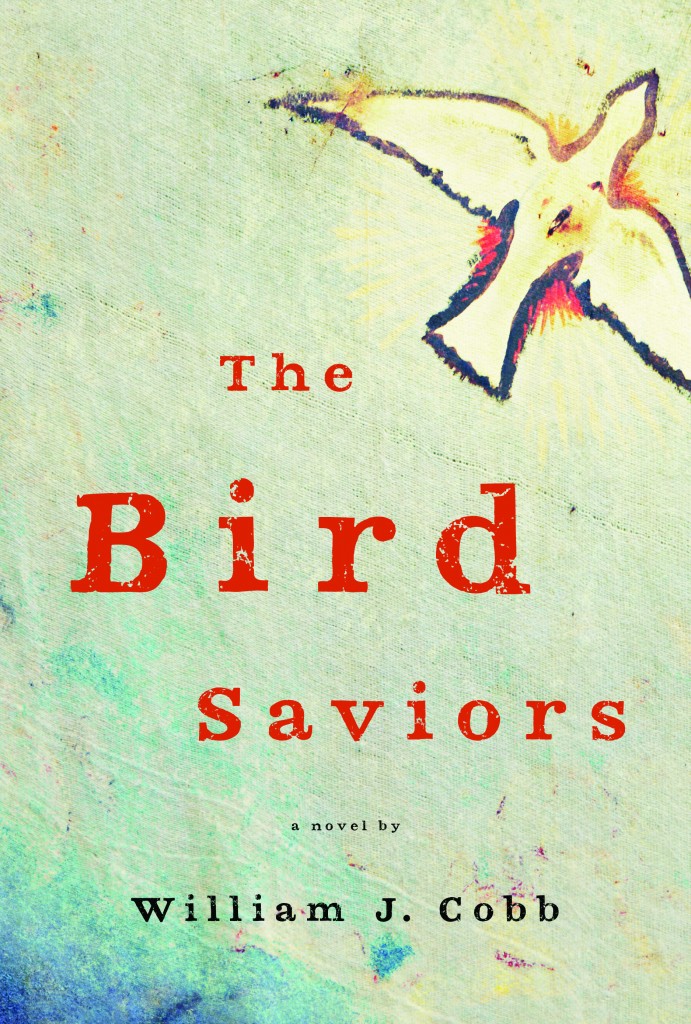“The Bird Saviors” by William Cobb is a good example of “Cli-Fi”
On April 20, 2031 writes:
So I’m amused to see this piece on NPR books, which defines a new literary subgenre called Cli-Fi, and coined by climate activist Danny Bloom a few years ago, according to Wikipedia, and it stands for Climate Fiction -- This news came via a good friend (Thanks, Elizabeth!), here.
I’ve noticed a number of cli fi novels that have elements of Climate Change in them lately.
Last fall a friend pointed out similarities between my own cli cif novel The Bird Saviors and Barbara Kingsolver’s Flight Behavior. It’s not like this is just now happening: Cormac McCarthy’s The Road (2006) is a literary cli fi masterpiece about Climate Change, which leaves the “why” of it mysterious, and uses the cataclysm of a dying planet to wax philosophical about the nature of humanity, the love between a father and son, why a bomb shelter might be a good idea . . . plus the hazards of road-tripping across a post-apocalyptic landscape populated by ravenous cannibals.
And while the fun-but-hokey cli fi film The Day After Tomorrow (2004) is more exaggerated and preachy, you have to love the absurdity of Dennis Quaid jumping that ice-sheet crevasse (clutching a jumble of ice-core samples) in the first scene, or snowshoeing from D.C. to New York in, oh, less than a day. But maybe we’ve reached a “Tipping Point”—a term often used by Climate Change scientists—in the number of references to climate chaos in fiction.
![BirdSaviors]()
I’ve noticed a number of cli fi novels that have elements of Climate Change in them lately.
Last fall a friend pointed out similarities between my own cli cif novel The Bird Saviors and Barbara Kingsolver’s Flight Behavior. It’s not like this is just now happening: Cormac McCarthy’s The Road (2006) is a literary cli fi masterpiece about Climate Change, which leaves the “why” of it mysterious, and uses the cataclysm of a dying planet to wax philosophical about the nature of humanity, the love between a father and son, why a bomb shelter might be a good idea . . . plus the hazards of road-tripping across a post-apocalyptic landscape populated by ravenous cannibals.
And while the fun-but-hokey cli fi film The Day After Tomorrow (2004) is more exaggerated and preachy, you have to love the absurdity of Dennis Quaid jumping that ice-sheet crevasse (clutching a jumble of ice-core samples) in the first scene, or snowshoeing from D.C. to New York in, oh, less than a day. But maybe we’ve reached a “Tipping Point”—a term often used by Climate Change scientists—in the number of references to climate chaos in fiction.
